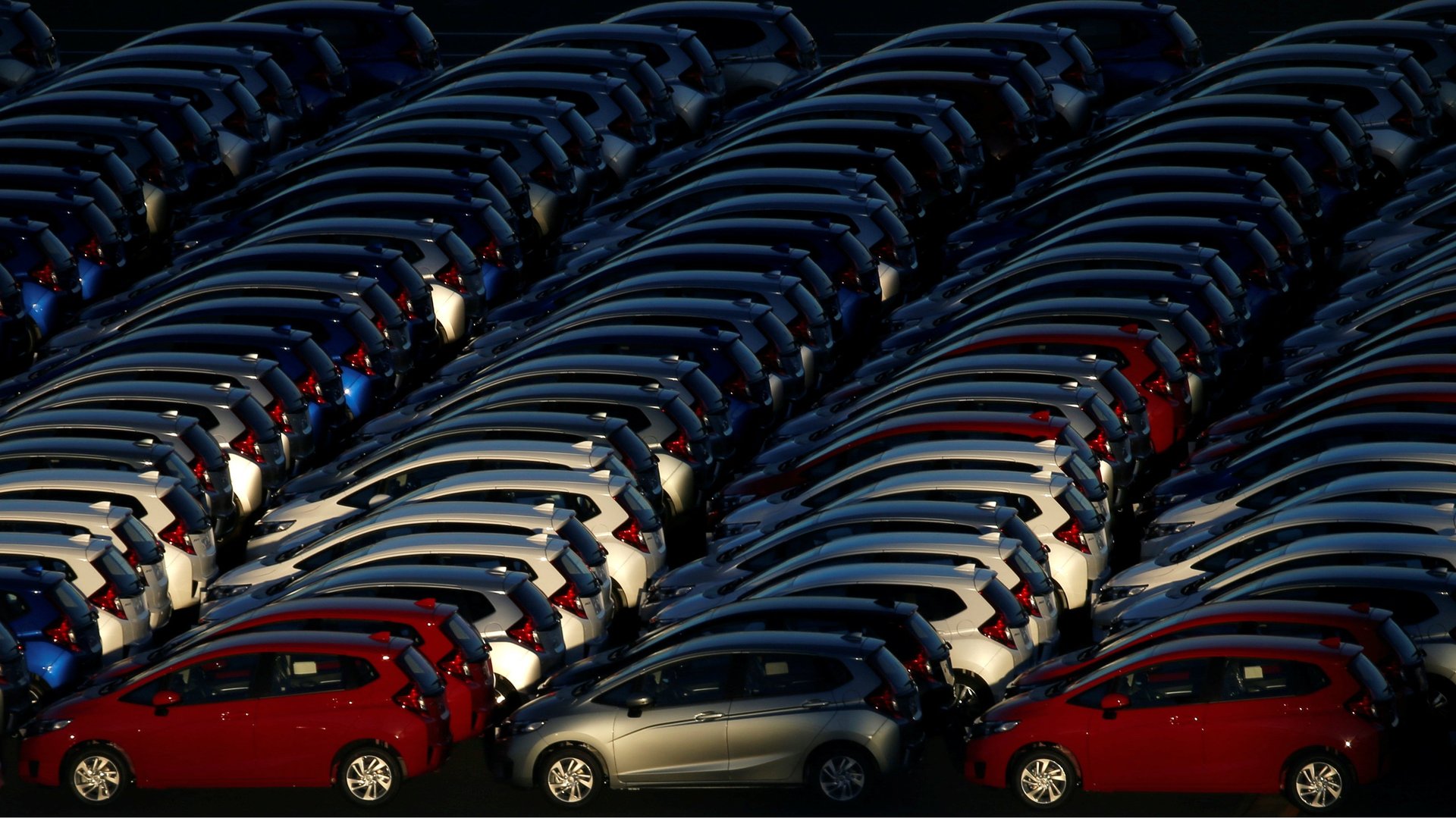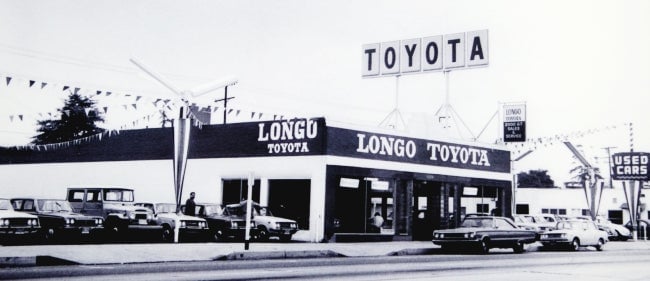One Toyota dealership in California sells more than all the American cars sold in Japan
If president Donald Trump wants to lower the United States’ nearly $70 billion trade deficit with Japan, he shouldn’t count on American cars to do the trick.


If president Donald Trump wants to lower the United States’ nearly $70 billion trade deficit with Japan, he shouldn’t count on American cars to do the trick.
The popularity of Japanese cars in the US has often vexed American automakers, but Japanese consumers don’t have the same affinity for American-made vehicles. Japanese cars dominate auto sales in Japan, accounting for around 90% of the market.
Cars and light trucks from the US accounted for just 0.3% of the close to 5 million vehicles sold last year in Japan, or about 15,000, the New York Times (paywall) pointed out, adding that was less than a single Japanese dealership in California sold last year.

That is Longo Toyota, based outside of Los Angeles. The largest Toyota dealership in the US, the site is nearly 50 acres in size—the equivalent of 38 American football fields—and has its own Starbucks. The staff speak 40 languages and dialects —and have their own gym and full-time “wellness” coach on site.
While Trump’s golf outing with Japanese prime minister Shinzo Abe may have helped the two leaders bond, there isn’t much the US president can do about Japanese consumer tastes. As they navigate crowded cities, consumers there favor small vehicles, not monstrously sized US-made vehicles. More than a third of auto sales in Japan are of tiny vehicles called kei cars, which cost under $10,000, according to Reuters.
Trump has vowed to review trade deals that he deems unfair to US companies. He ditched the Trans-Pacific Partnership and has promised to renegotiate the North American Free Trade Agreement. He has publicly chastised automakers for manufacturing outside of the US.
But auto manufacturing is complex and the definition of an American or Japanese car can be somewhat fuzzy. For example, many US cars are made with parts produced in Mexico.
The US imported 1.6 million cars from Japan in 2015, according to data from the Japan Automobile Manufacturers Association, yet three-quarters of the Japanese-branded cars sold in the US were made in North American factories, Bloomberg recently reported.
For example, 56% of the vehicles sold at Toyota dealerships in the US last year were made inside the country.